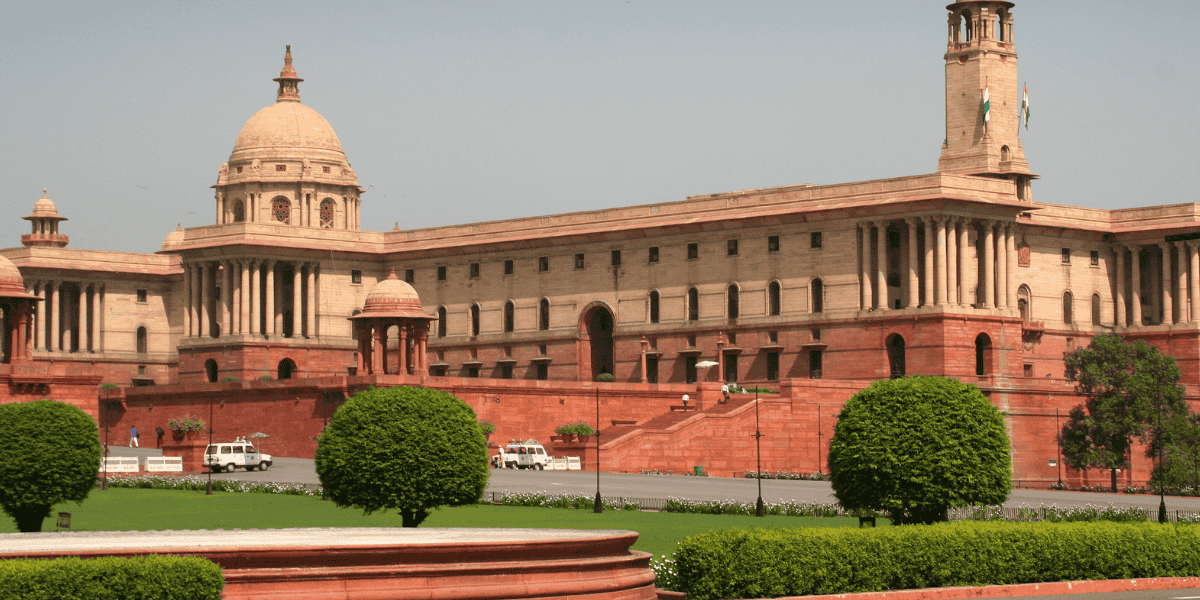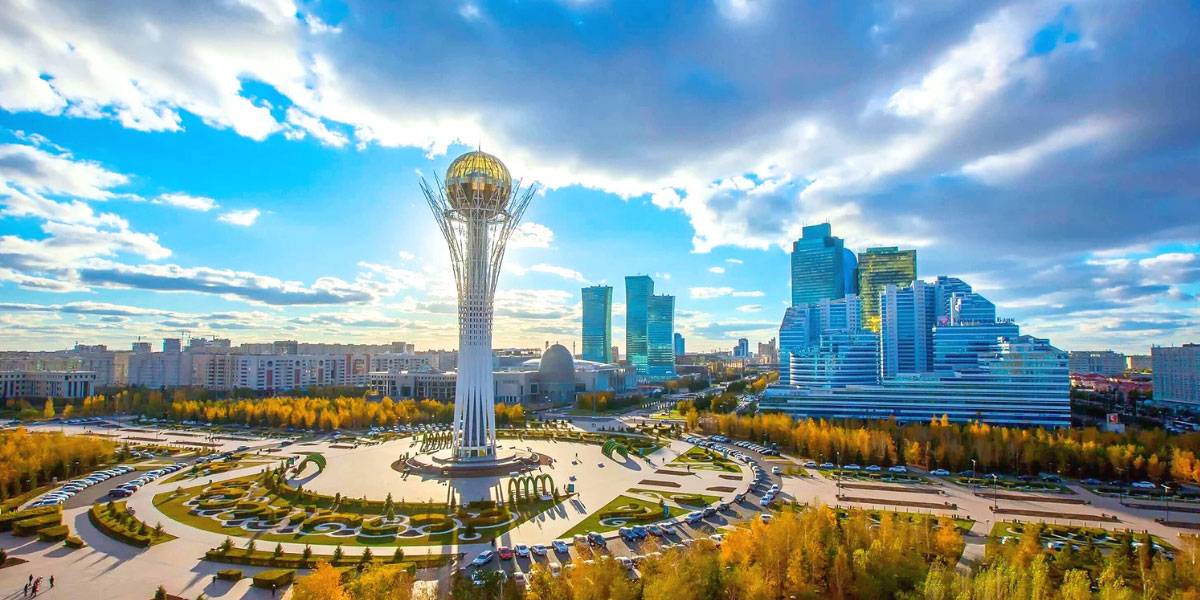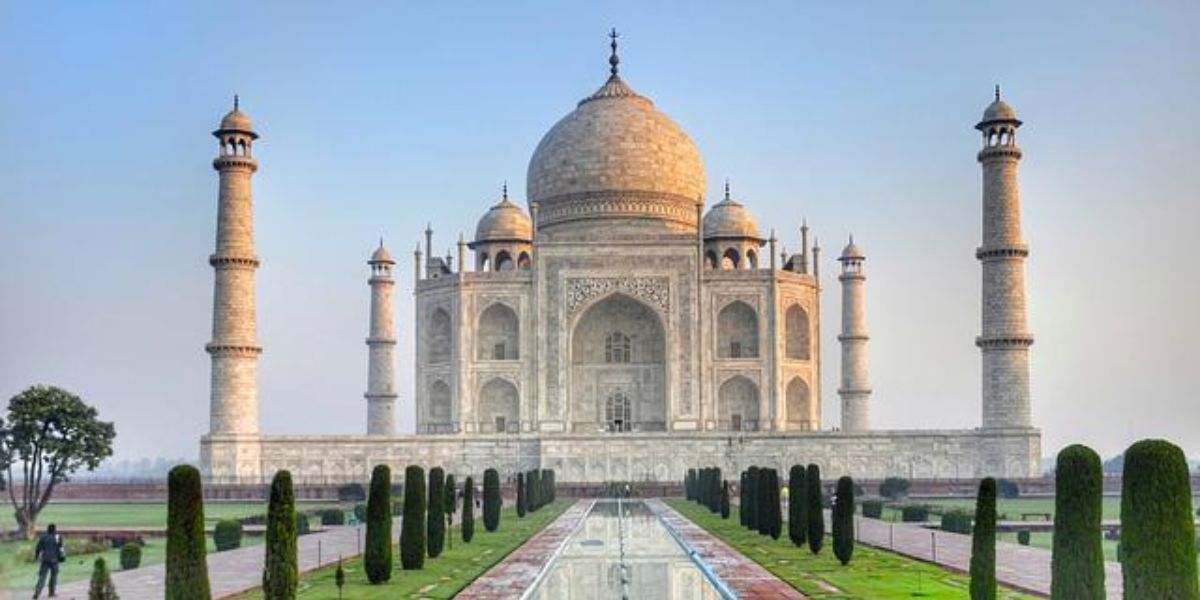On January 25, 2018, the upper chamber of the parliament or the Senate of Kazakhstan approved the amending protocol of Double Taxation Agreement (DTA) with India. It was approved by the lower chamber of parliament on December 20, 2017.
Related Posts

India: Tax Authority appeals high court ruling on treaty limits to dividend tax
The Indian Income Tax Department filed a special leave petition before the Supreme Court on 30 January 2026, challenging a Bombay High Court ruling that held Dividend Distribution Tax (DDT) could be limited by applicable tax treaties. The appeal
Read More
US, India agree to trade deal, tariffs on Indian exports lowered to 18%
US President Donald Trump announced in a Truth Social post on 2 February 2026 that a major trade deal had been reached with India. Under the agreement, the US will sharply reduce tariffs on Indian goods. The overall duty on Indian imports, which
Read More
India: 2026 budget proposes relaxed tax rules for multinationals, reforms safe harbour regime
India's Minister of Finance, Nirmala Sitharaman, delivered the Union Budget for 2026-27 on 1 February 2026. The proposals aim to relax tax rules for multinational companies, which are expected to bring greater certainty to cross-border transactions.
Read More
India, EU seal major trade deal: Cuts tariffs on most goods
India and the European Union signed a long-awaited trade agreement on 27 January 2026 at the 16th EU-India summit in New Delhi that will significantly reduce tariffs on most goods, aiming to boost bilateral trade and reduce reliance on the US amid
Read More
Kazakhstan approves goods eligible for the VAT offset method
Kazakhstan has published Government Decree No. 1199 of 31 December 2025 approving the list of goods for which value added tax may be paid using the VAT offset method on import. The decree was adopted in accordance with Articles 508 and 509 of the
Read More
India, France to amend 1992 tax treaty
India and France will make revisions to the 1992 income and capital tax treaty, introducing key changes aimed at reducing the tax burden on cross-border investments and modernising treaty rules. Under the proposed amending protocol, the
Read More









